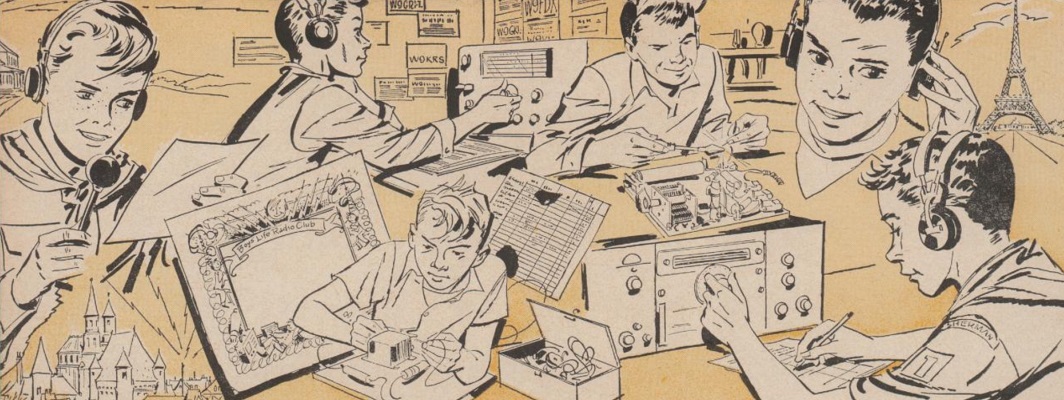by David Kestenbaum
Morning Edition, August 22, 2006 · A reclusive Russian mathematician named Grigory Perelman has puzzled the world of mathematicians. He is credited with helping solve the Poincare Conjecture — a famous math problem about the shapes of space first posed by Henri Poincare in 1904.
The Clay Institute offered a million dollar prize to encourage someone to solve the Poincare Conjecture. But Perelman, the man in the spotlight, never showed up to claim his prize. Now, he may win yet another prize, the Fields Medal, an award given every four years for exceptional achievement in mathematics.
The problem that Grigory Perelman helped solve was first posed by the Frenchman Jules Henri Poincare in 1904. Who was the man behind the question?
A learner of exceptional ability, Poincare contributed to virtually all parts of mathematics. His eyesight was so poor that he often couldn’t see the board in class, but he compensated with his phenomenal memory and his ability to visualize information he heard.
Toulouse, the director of a psychology laboratory in Paris, took interest in Poincare’s mind. Toulouse, who used only one name, wrote a book about Poincare, observing that while most mathematicians build upon established principles their colleagues have developed, Poincare always began his work from a basic principle.
Toulouse wrote that Poincare, “does not make an overall plan when he writes a paper. He will normally start without knowing where it will end … Starting is usually easy … If beginning is painful, Poincare does not persist but abandons the work.”
But he didn’t give up. According to Toulouse, Poincare expected that the crucial idea would come to him after he stopped concentrating on the problem. So he would often abandon a project temporarily, assuming that his unconscious mind would continue to work at it. His method of working has been compared to a bee flitting from flower to flower.
One of Poincare’s most famous discoveries came in response to a prize established in 1887 by the King of Sweden, Oscar II. The challenge was to solve the three-body problem in celestial mechanics, a problem that involved the motion of orbiting bodies in the solar system.
Though Poincare did not provide a complete solution, he was awarded the prize because of his work’s importance. Poincare had already sent his prize-winning work to the publisher when a mistake was discovered! Poincare revised the publication, but even his mistake turned out to be valuable; it laid the foundation for chaos theory.
Poincare is sometimes acknowledged as a co-discoverer, with Albert Einstein and Hendrik Lorentz, of the special theory of relativity. The three were working on the problem around the same time, but Poincare and Einstein were not collaborators. In his work, Einstein made no reference to Poincare but in later talks acknowledged him as a pioneer of relativity.
Poincare disagreed with philosophers who thought that mathematics was a branch of logic, and saw intuition as the key factor for discovery. He wrote in Mathematical Definition in Education that, “It is by logic we prove, it is by intuition that we invent.”
